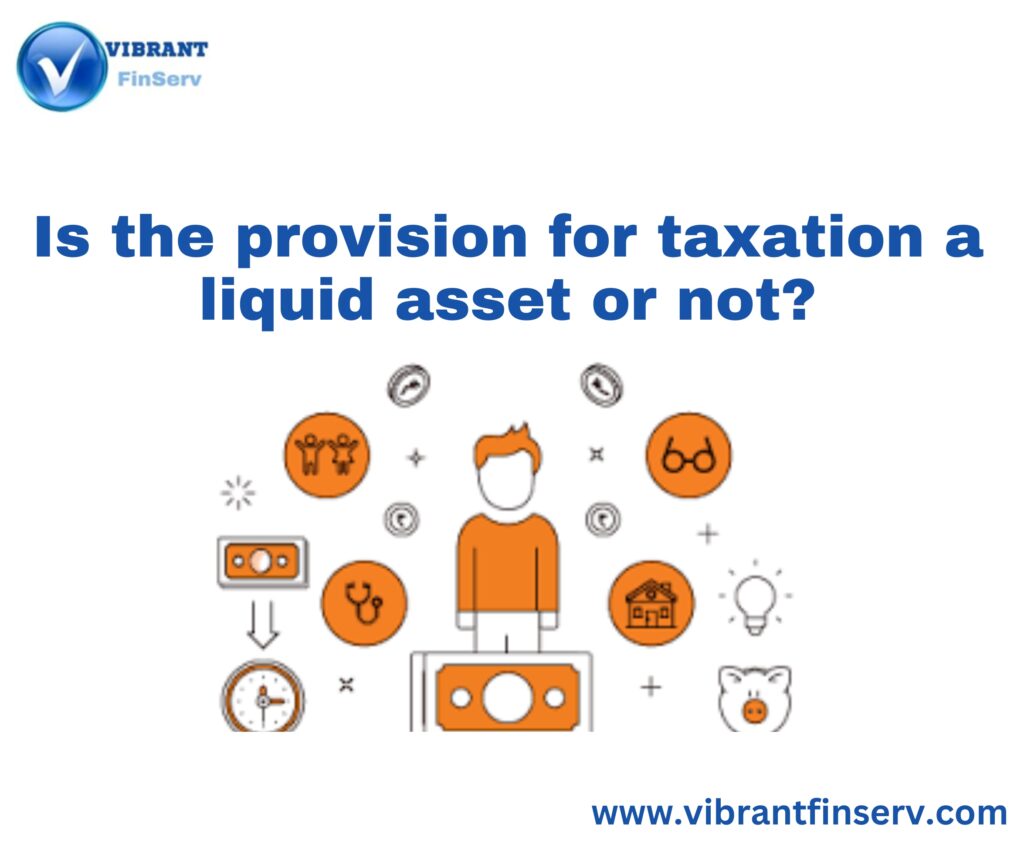Is the provision for taxation a liquid asset or not
The provision for taxation is not considered a liquid asset. In financial terms, a liquid asset refers to an asset that can easily convert into cash without significant loss in value. While the provision for taxation represents an estimated amount set aside by a company to cover its future tax obligations. It does not hold the characteristics of liquidity.
The provision for taxation a liability record on a company’s balance sheet. It reflects the anticipated tax liability based on the company’s taxable income and applicable tax rates. The purpose of creating this provision is to ensure that the company has sufficient funds available to meet its tax obligations when they become due.
Although the provision for taxation represents an amount of money set aside for future tax payments. It does not qualify as a liquid asset because it cannot readily convert into cash or use for day-to-day transactions. The provision is a liability that is offset against the company’s tax payable when the actual tax liability determine.
For more information visit this site: https://www.mca.gov.in/
Liquid assets, on the other hand, typically include cash, bank deposits, short-term investments, and marketable securities that can be easily converted into cash with minimal impact on their value. These assets provide companies with immediate access to funds for operational needs, investments, or meeting unforeseen expenses.
In summary, while the provision for taxation represents funds earmarked for future tax payments, it classify as a liability rather than a liquid asset. Because it does not possess the characteristics of immediate convertibility into cash without loss in value.
FAQs:
For further details access our website https://vibrantfinserv.com/

